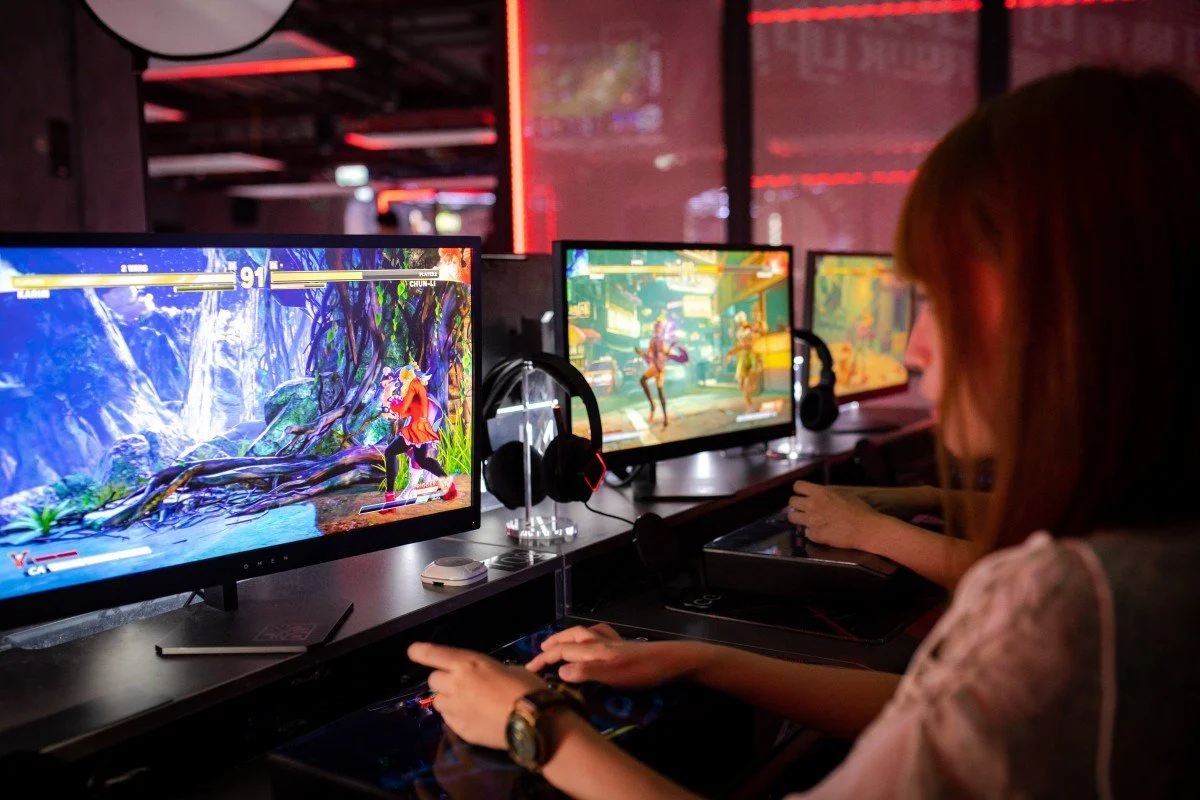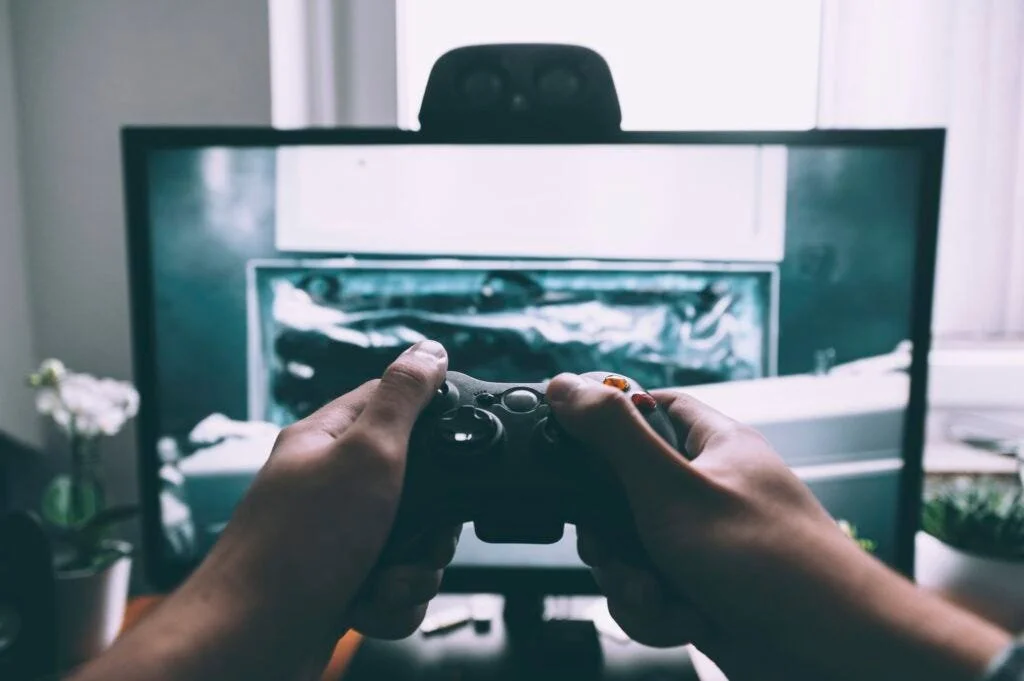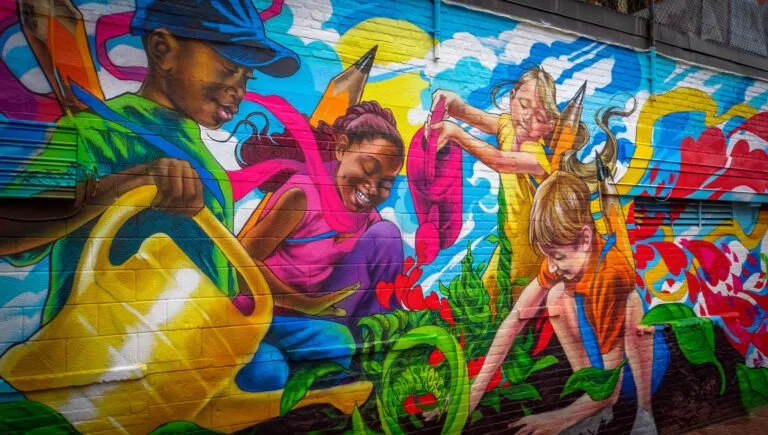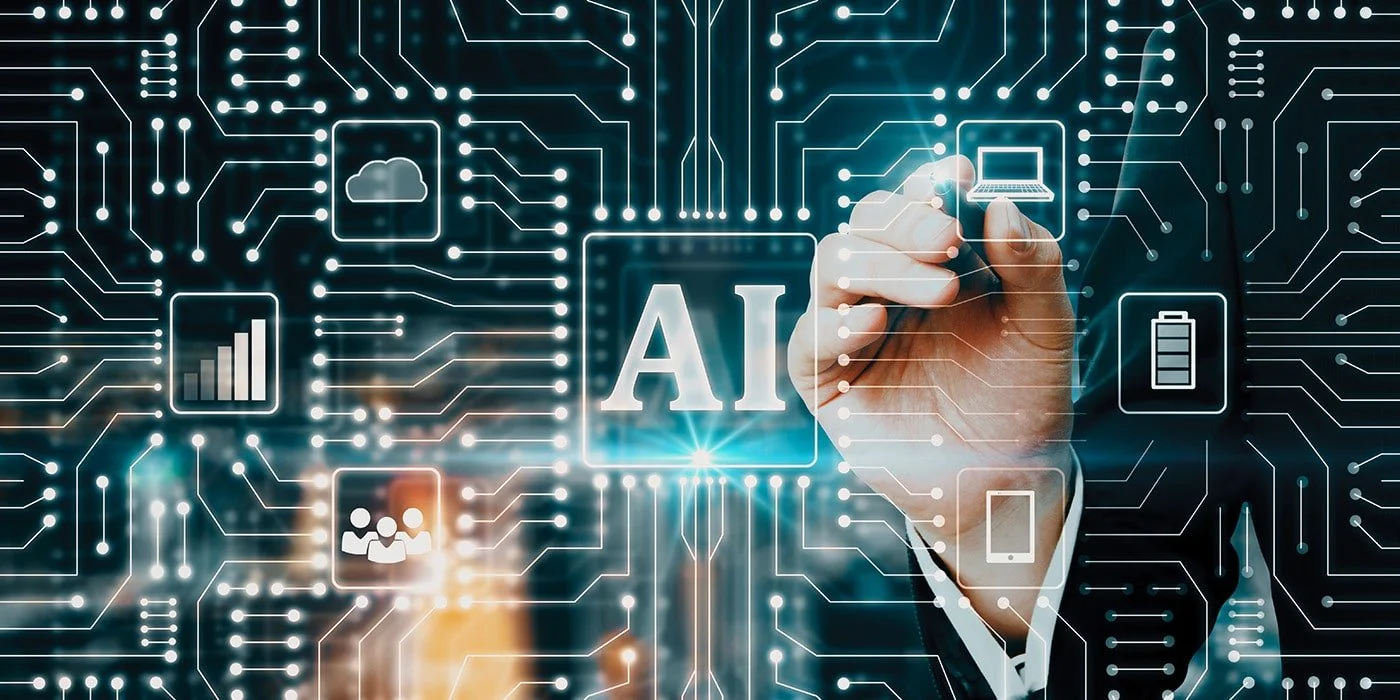As summer commences (and let's face it, it's difficult to pretend it's still spring in these temperatures) I am here to introduce myself as your newest blogger. I could tell you about myself, my work history, and so on. You could proactively seek out online articles about or by me, or see my connections on LinkedIn, or, with my "permission," follow @Corwin82 on Twitter. Or, if your RSS feeder has just the right combination of words, you may already be following my "personal" blog.
Leading me to muse about the blurred relationship between online personal and professional identities. I am aware that this is not some groundbreaking topic, but the regular complexities of managing our personal/professional identities include unique challenges when the job in question is in the non-profit sector. Nobody, truly, can ever act with complete impunity. Yet somehow, when acting in cyberland, the user is instilled with a sense of anonymity and security while simultaneously exposing him/herself to EVERYONE else online.
Historically, people have always had to worry about the affect of out-of-office behavior on their professional life. The degree of real-world self-disclosure or choice of actions might take into account the place, time, and audience. An individual bitching about a coworker might choose to do so to her husband, or a close friend over coffee. Likely not in an inter-office memo, or a radio broadcast, or to the coworker's best friend. Similarly, a person dealing with an addiction might discretely go to a support group 25 miles from home and not have to fear being exposed on the front page of the corporate newsletter.
But now we are provided the internet.
You may believe that your blog will only be viewed by trusted friends (so you can vent about your job, boss, financial situation, custody battle, and so forth). You can choose to allow certain people to see your Facebook page, follow your Tweets, and access the photo album of your latest trip to Vegas. You "control" your channels of self-expression, and thus, you feel safe communicating as indiscriminately as you would face-to-face with close friends.
Conversely, you may feel safely anonymous online, believing that your clever handle, pseudonyms and codes for people and places, and cryptic profile ensure your blog will only be viewed by strangers (so you can confess infidelity, "secret" desires, the self-gifted bonus you finagled by skimming a little off the top). After all, in the tangled web of the wide world of cyberspace, what are the chances that someone you know in REAL life will learn anything more about you than what you would disclose face to face? There's no danger in your tennis partner learning about your secret loathing for him, or your boss finding out that you want her job at all costs, or your recent, devastating prognosis that could impact your insurance eligibility or ability to find work. Because you feel safe, you don't feel the need to censor your thoughts.
The internet isn't your bosom buddy, nor is it the complete stranger you meet while traveling and share many shots of ouzo, too much information, and nothing else. It's not the privacy of your bedroom, and it's not your cubicle. It's not strictly personal, nor strictly anonymous. There's no clear delineation of where "you" in your secret, most personal self ends and "you-as-representative-of-your-work" begins. The internet is a sphere that conflates all representations of ourselves into a strange new beast that is, ultimately, accessible by anyone, anywhere. There are entire companies devoted to managing how we come across online, new tools to decide who is allowed to know what, and a lot of very interesting discussions being held (online!) about this conundrum.
I would argue that people who work in academia and politics, for the most part, have long been cautious about what is documented and where. But as younger, more web-reliant generations enter the workforce, and an online presence supplements, and replaces, other media outlets, the question of how we present ourselves (and are perceived) online becomes increasingly imperative. Web expression is no longer dominated by angst-ridden teenagers blogging about broken hearts. Those former teenagers are now working online on behalf of corporations like Domino's Pizza (to counteract the damage done by angst-ridden teenagers), the Pope, and the White House.
As artists, or professionals in the arts, who use the internet to muse, pronounce, declaim, advertise, and in other ways reach out, what are we to do to delineate who we are as professionals from who we are as people? Is there a difference? Must there be? How does this influence how our work is perceived/received? There are the channels that we identify as more "professional," like LinkedIn, an organization's own website with its own blog, podcast, etc. What about the ones we identify as mainly "personal," such as Facebook (increasingly used by organizations, companies, and causes)? And the ones that are something of a crossover, like Twitter? Must we always be conscious of representing our organization? What if I am employed by an organization that is involved in practices which are in conflict with my personal beliefs? What if as an individual I engage in activities which conflict with the mission of the organization for which I work? And, as we, as arts non-profits, look for ways to cut costs and bring in more outside help to manage our organization's online presence, are we taking a risk by entrusting this job to volunteers and interns, whose online power may equal (or surpass) our own?
Each question leads to additional questions, so I will do my best to approach these over the next few posts.
(And it's nice to meet you!)





